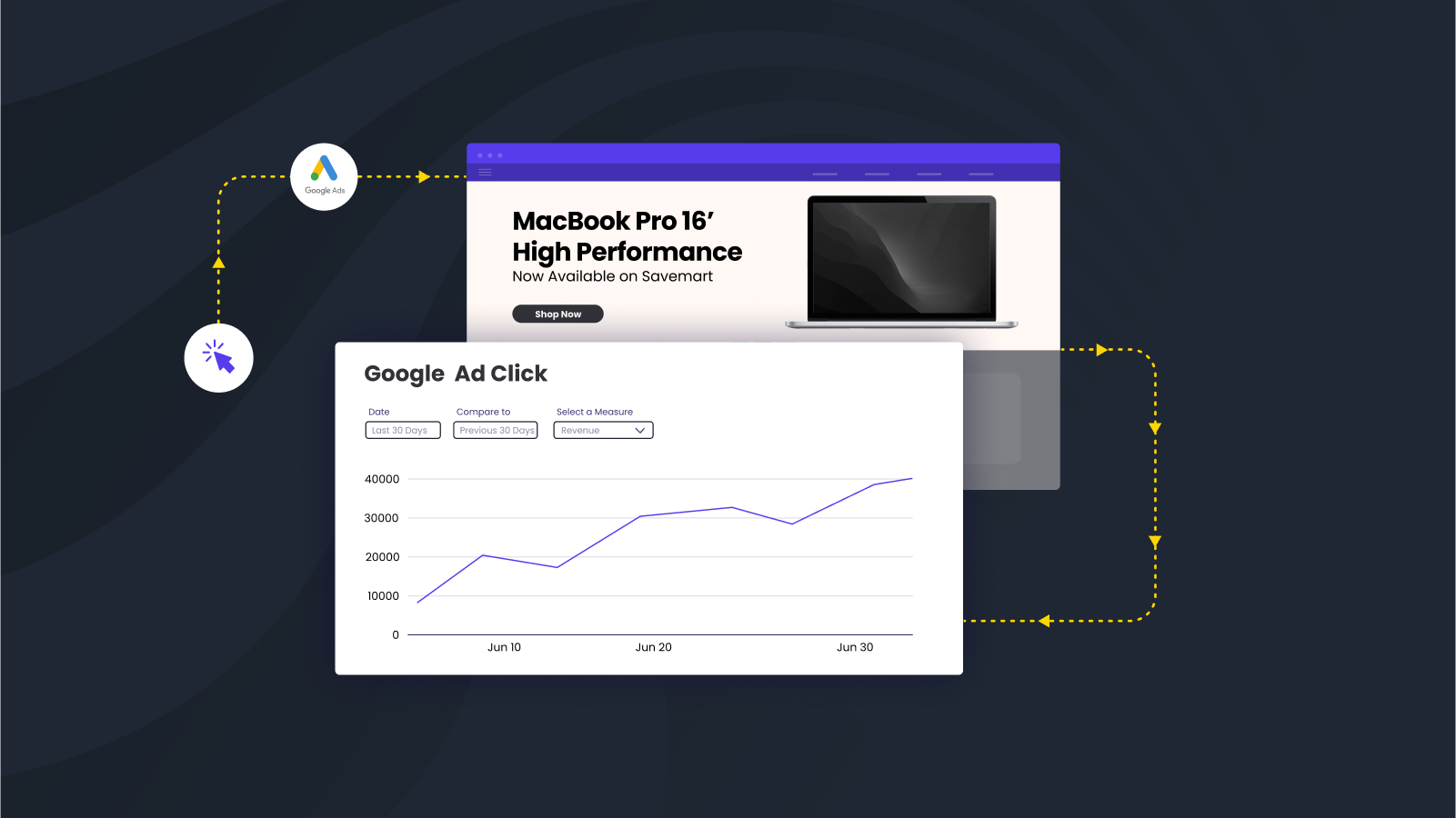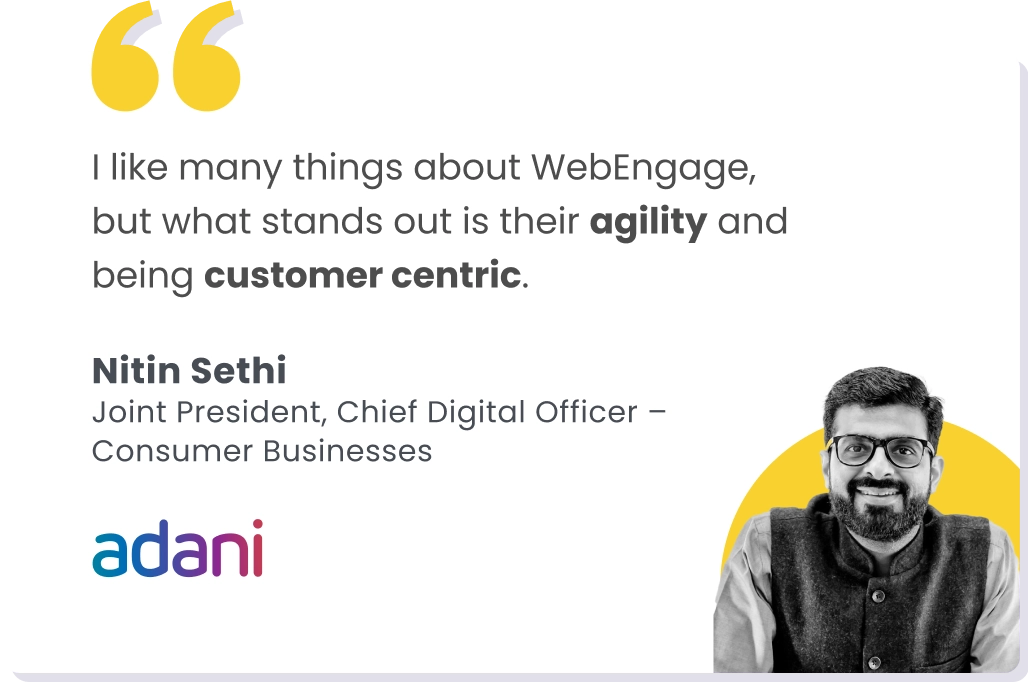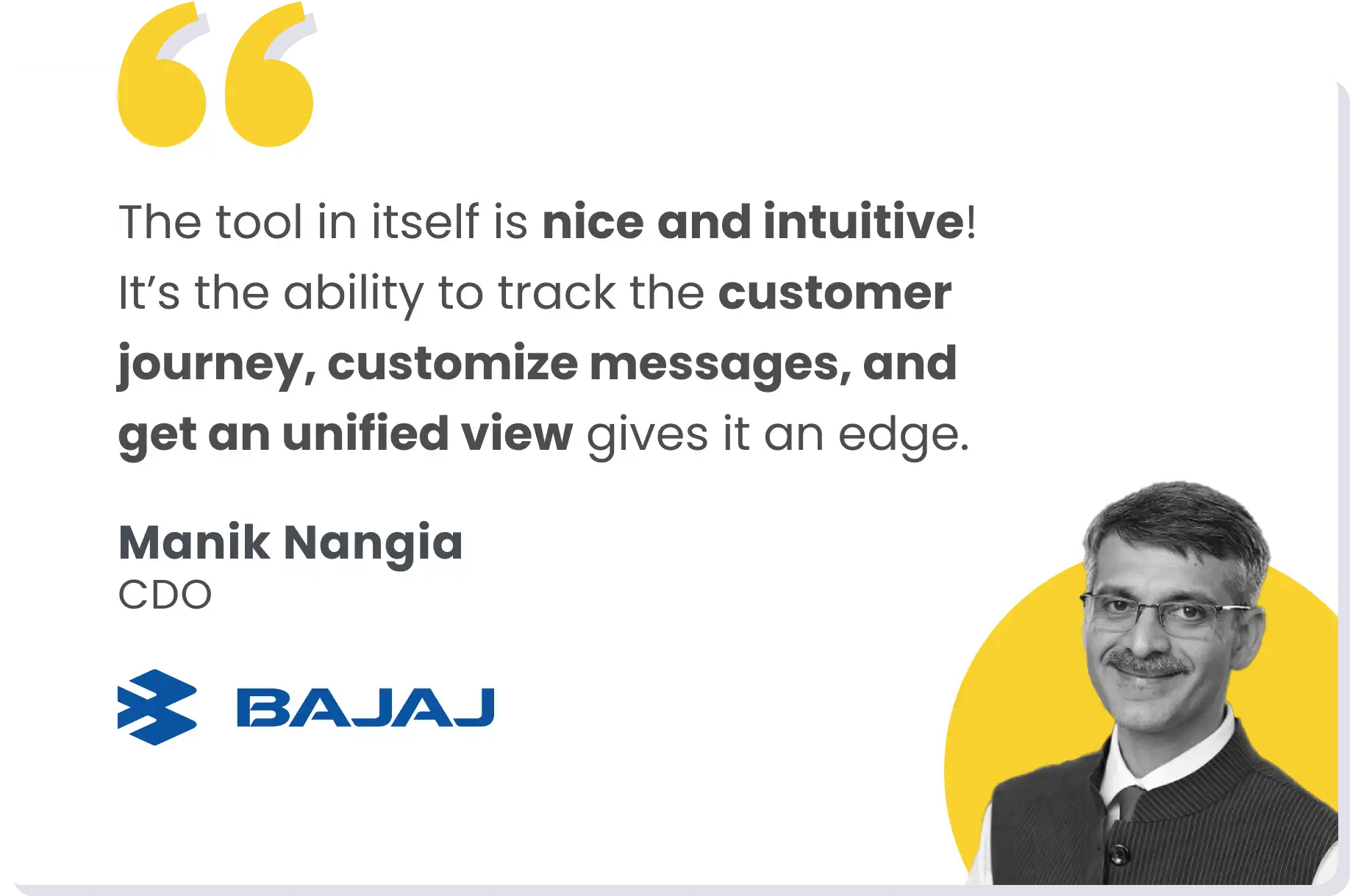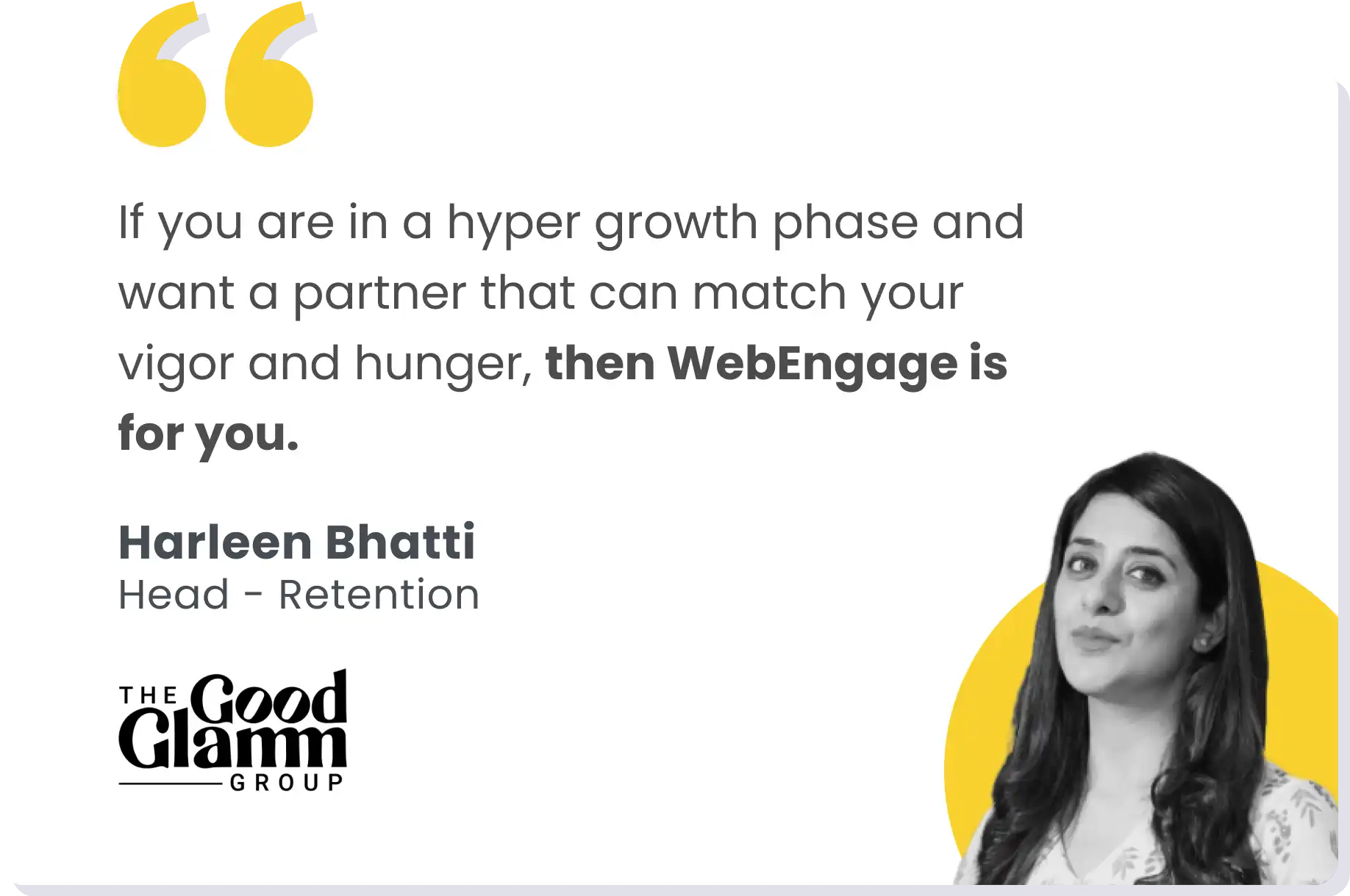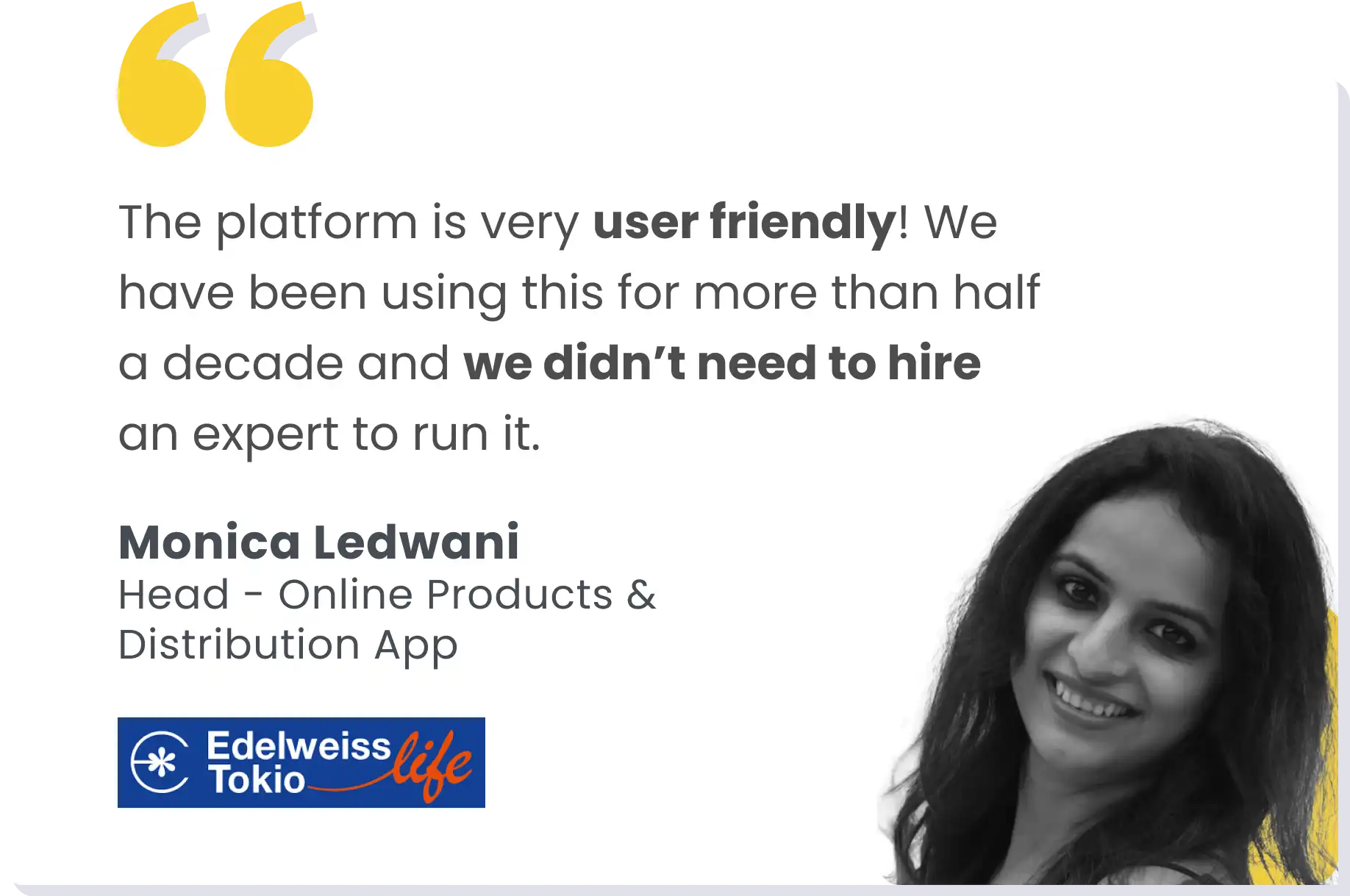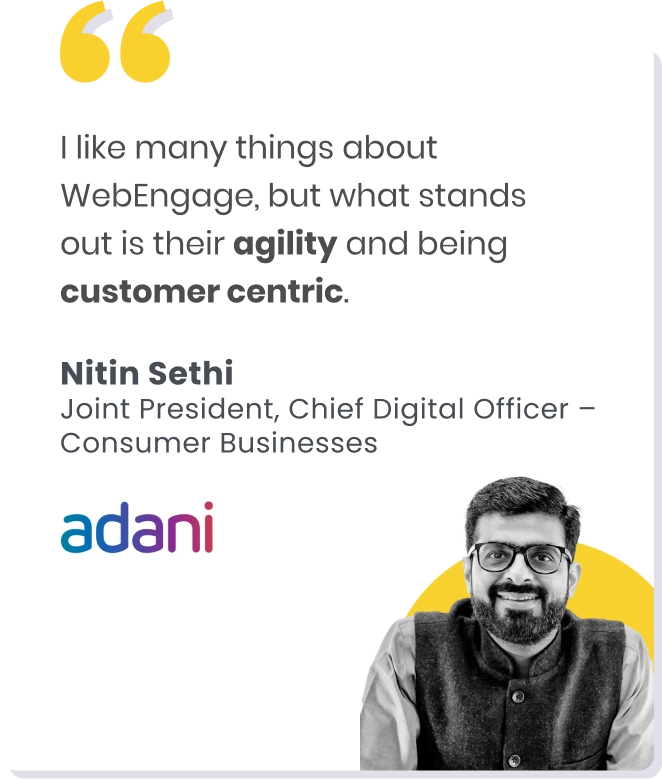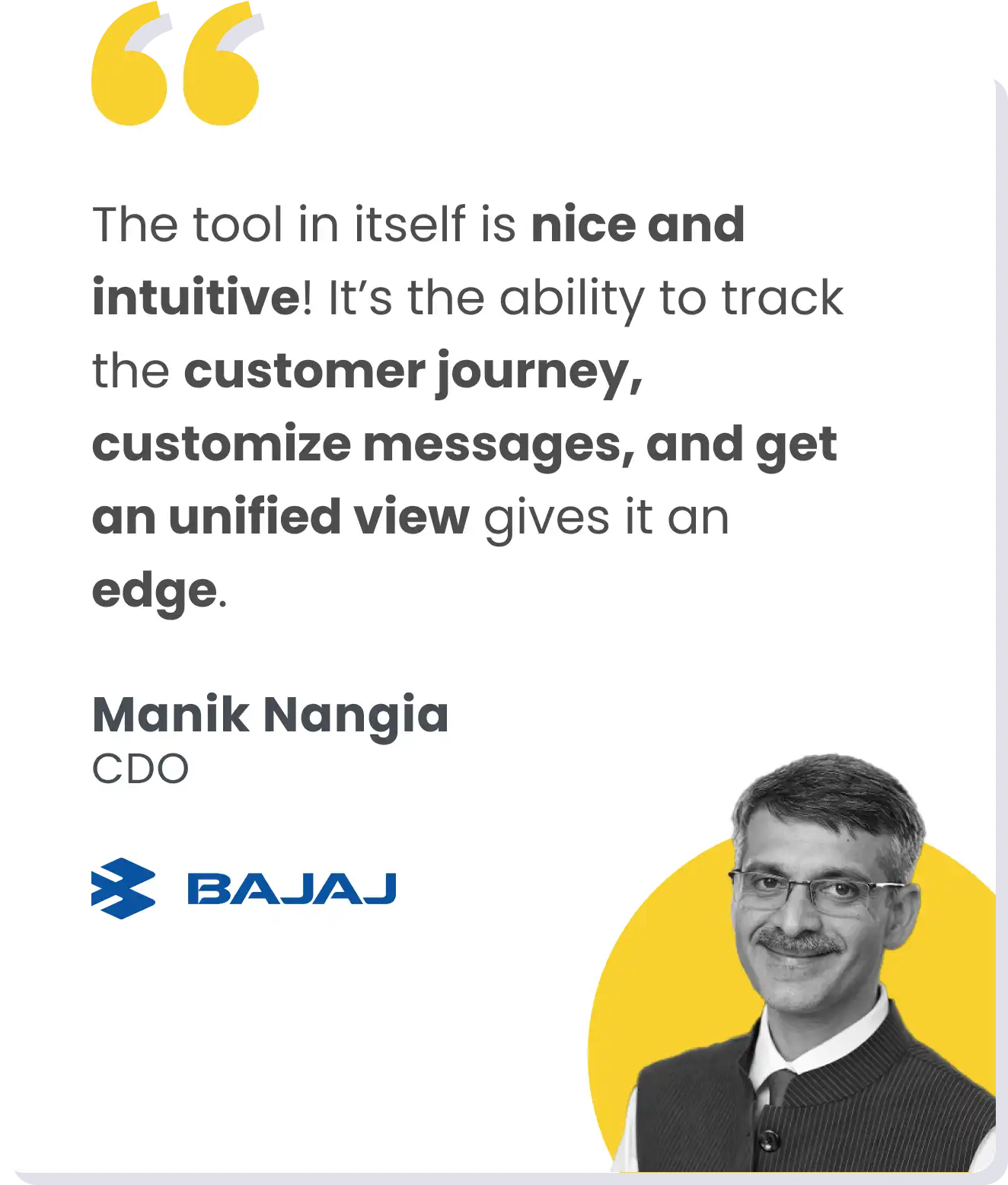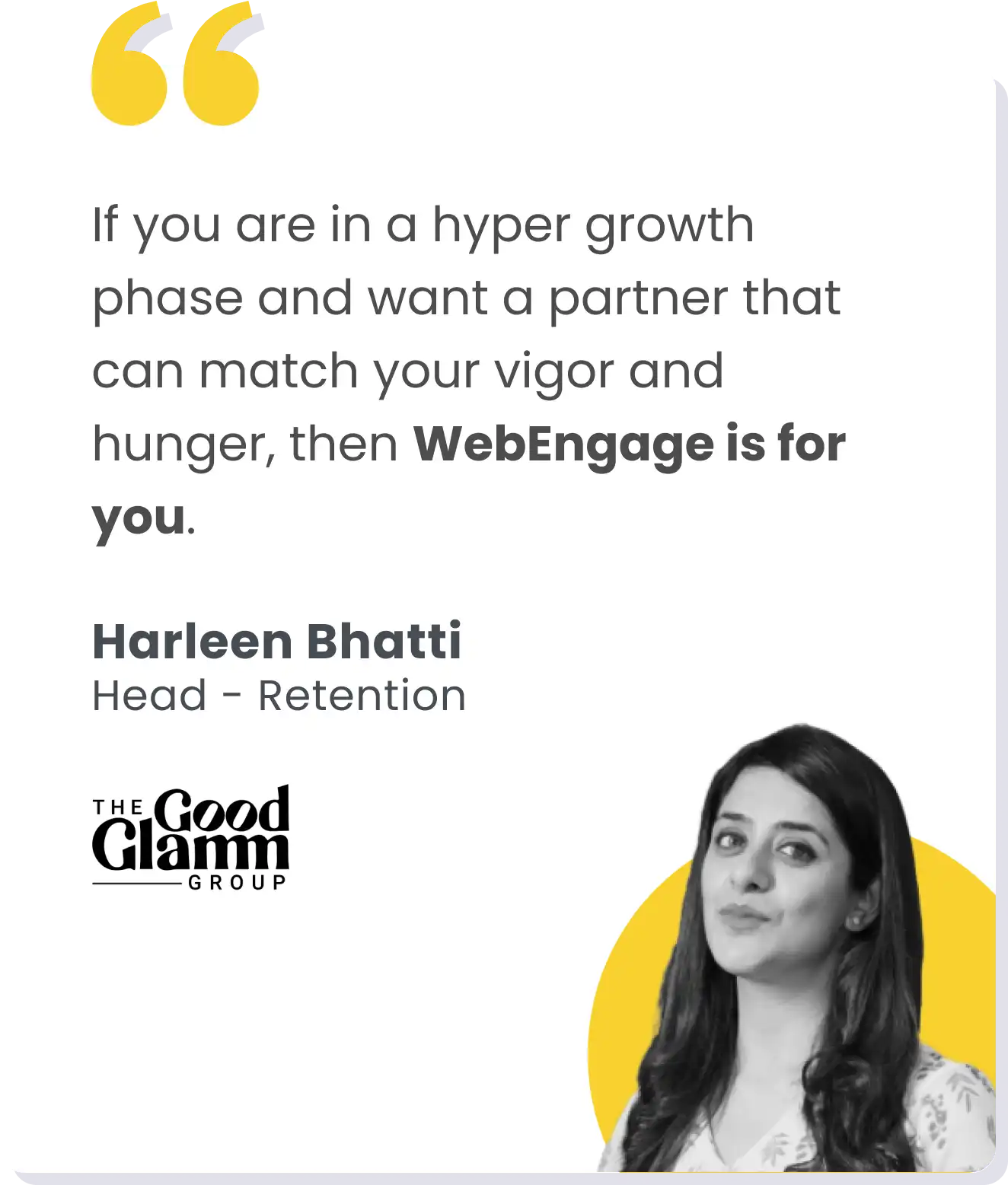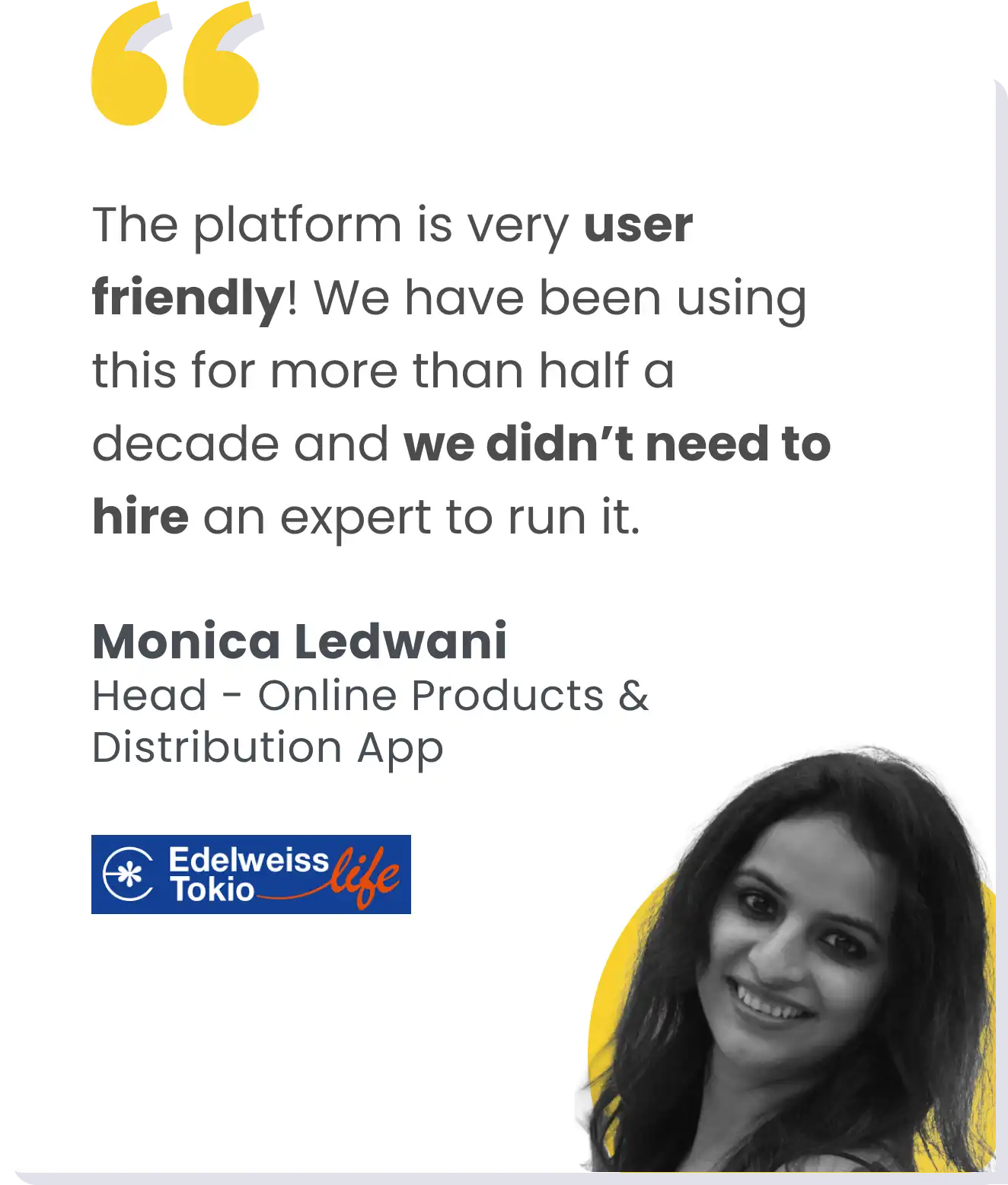“AI is transforming how brands engage with their customers, but in Southeast Asia, it’s not just about technology—it’s about understanding the market.”
This insight from Walter Boo, COO of Invesko, during our webinar ‘Maximizing Growth with Marketing Automation’, highlights how brands can leverage AI to not only personalize at scale but also drive measurable results across a diverse region.
- Takeaway: Local insights are crucial. Personalization needs to reflect market realities and consumer needs.
In Southeast Asia, the approach to personalization must differ by market. For instance, financial literacy varies significantly between countries like Singapore and the Philippines, affecting how brands engage their audiences. In Singapore, brands like Invesko can offer complex financial products, but in countries like the Philippines, simplicity and accessibility are key. - Takeaway: AI is no longer a “nice-to-have” but a critical investment for staying competitive in Southeast Asia.
E-commerce Sector: 94% of Southeast Asia’s e-commerce sellers recognize AI’s potential, with 42% in Indonesia and Vietnam, and 39% in Singapore and Thailand actively adopting AI.
Infrastructure Investment: Over $30 billion invested in AI infrastructure in Southeast Asia in the first half of 2024. - Takeaway: AI doesn’t just segment by demographics—it tailors messaging based on consumer behavior.
AI helps brands go beyond generic segmentation by analyzing customer behavior. Theresa from Luxehouze shared how AI helps them target different age groups: younger audiences prefer fast-paced content on social media, while older customers respond better to personalized WhatsApp messages.
Key Stats for you:
- Singapore has committed S$70 million to develop Southeast Asia’s first large language model (LLM), aiming to enhance AI capabilities in the region.
- Malaysia’s National AI Roadmap (2021–2025) focuses on building an AI-ready generation through structured talent development and research initiatives.
- Takeaway: AI enables cross-channel personalization, ensuring a consistent, relevant experience regardless of the platform.
AI isn’t just about personalizing emails or SMS. It’s about multichannel engagement. Invesko uses AI to deliver personalized content through emails, push notifications, and in-app experiences, ensuring that customers receive the right message at the right time, across multiple platforms.
Why?
1. National AI Strategy: Singapore aims to train 25,000 AI professionals by 2025 through initiatives like the AI Apprenticeship Program (AIAP) and AI for Everyone (AI4E).
2. The Vietnamese government signed an agreement with NVIDIA to set up AI research and data centers, marking a significant investment in AI capabilities.
- Takeaway: AI is not just about personalization—it’s about predicting customer needs and offering relevant products before they ask.
AI is a game-changer in customer retention. By analyzing customer interactions across channels, AI can offer hyper-personalized suggestions, enhancing the customer experience and encouraging repeat engagement. Predictive tools even suggest products before customers realize they need them. - Takeaway: Transparency and trust are just as important as personalization. Ensure your campaigns feel relevant, not invasive.
While AI-driven personalization is powerful, respecting user privacy remains crucial. Walter and Theresa both emphasized the importance of transparency and user consent in data usage. In industries like luxury retail and finance, brands must ensure their personalized campaigns feel helpful, not intrusive.
Conclusion: AI Delivers ROI
AI is more than just automation—it’s about driving results. Through smarter, more personalized marketing, brands can increase engagement, boost ROI, and stay ahead of the competition. In Southeast Asia, where consumer behavior is diverse, AI allows brands to adapt and connect with customers in meaningful ways, ultimately increasing customer lifetime value.
Brands that embrace AI will drive long-term growth, and those that don’t risk being left behind.
~With inputs from Walter Boo, COO, Invesko.




